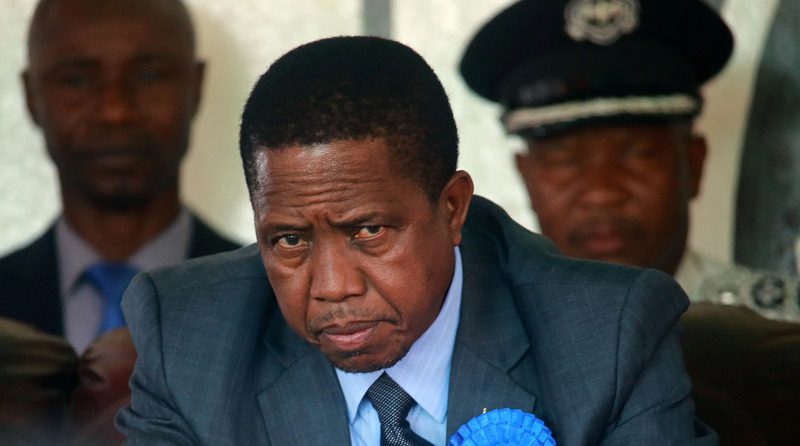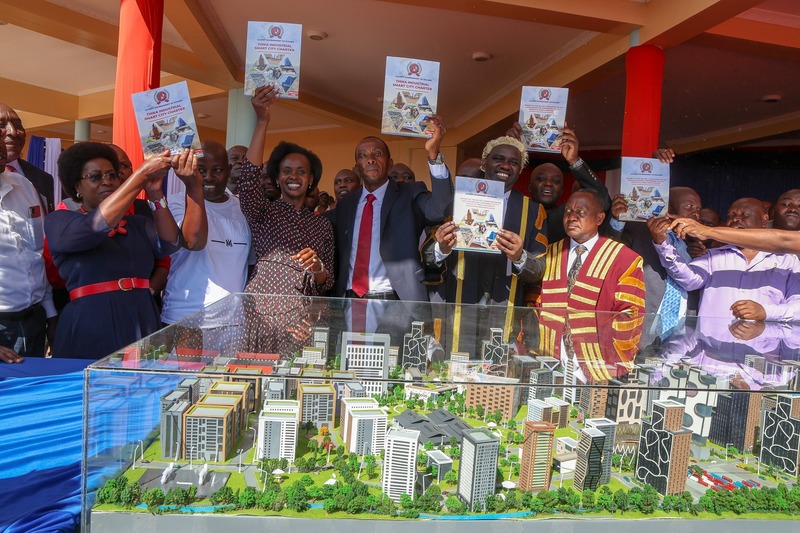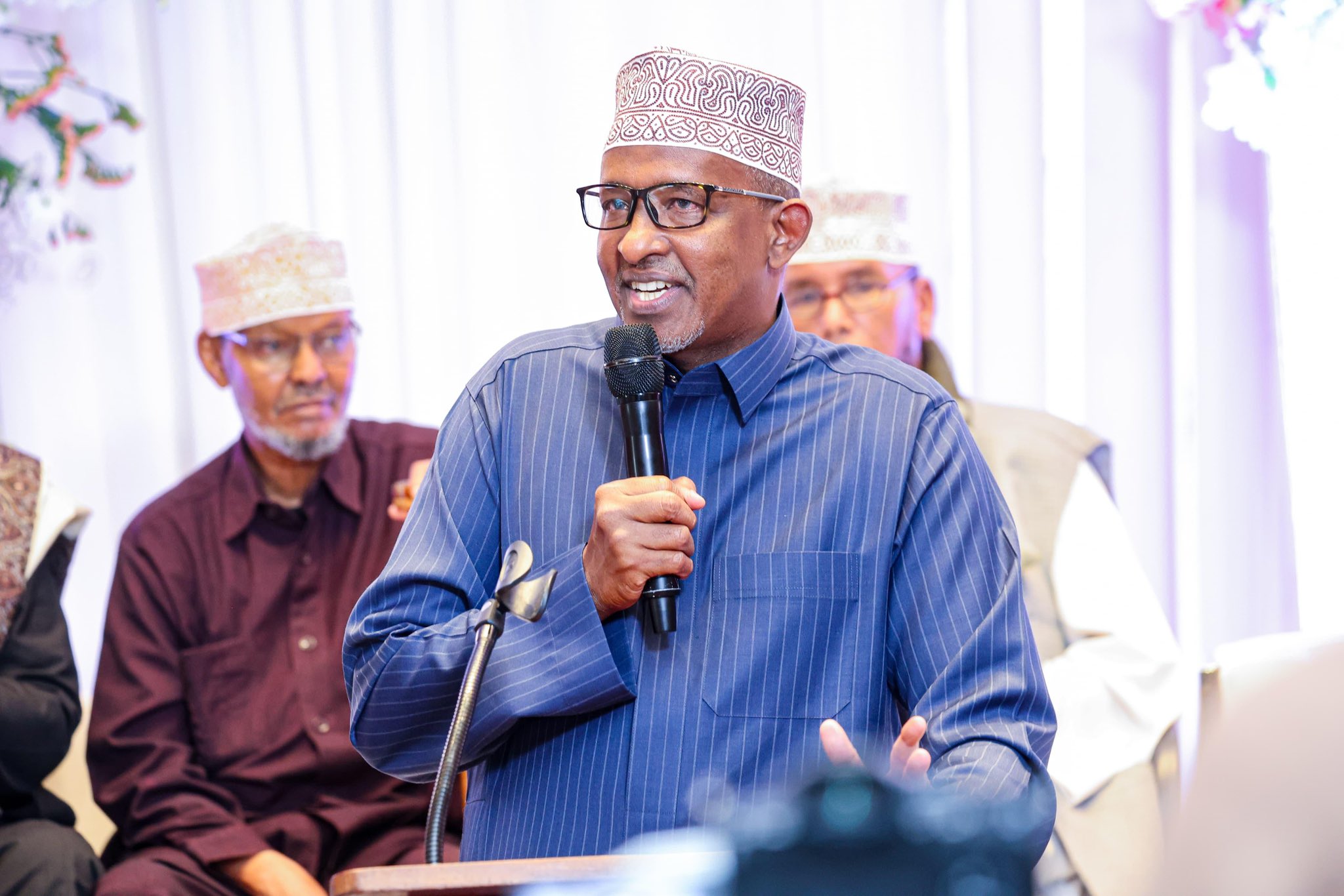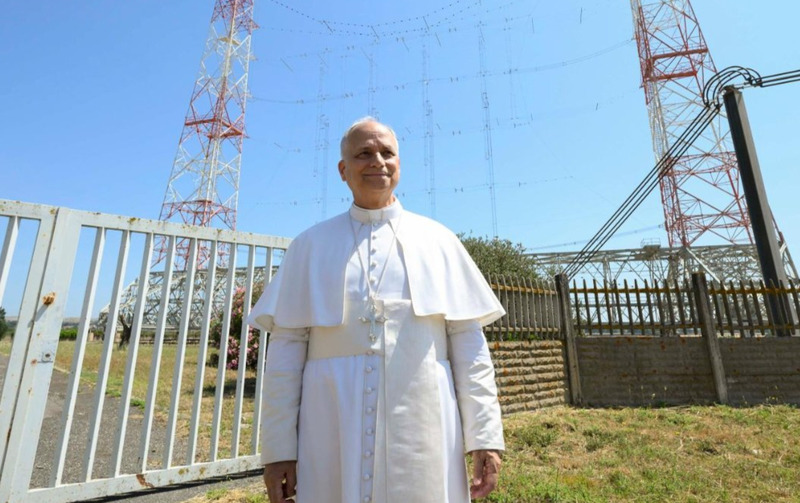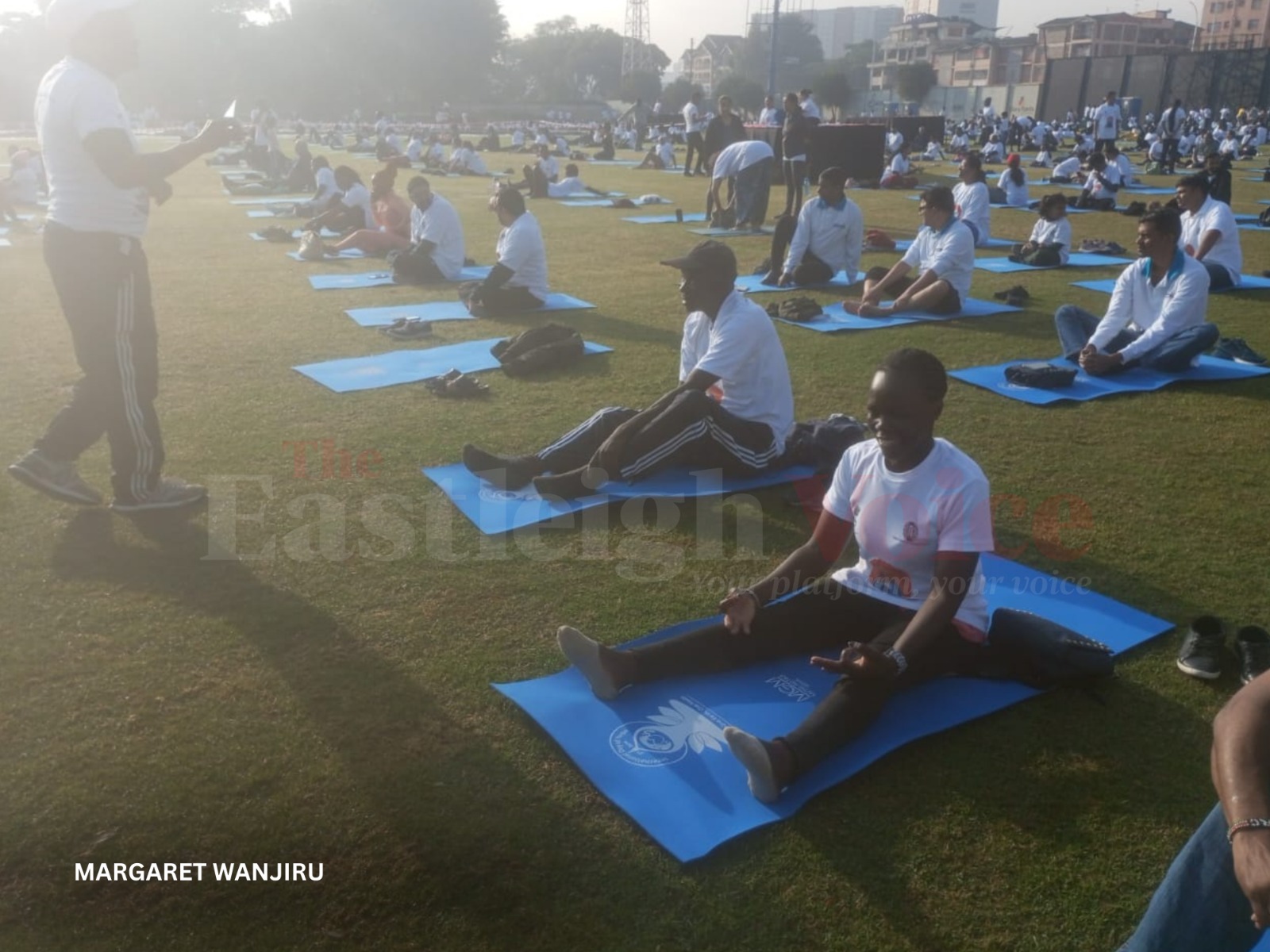How Gen-Z protests forced National Treasury to cut Sh52 billion from budget
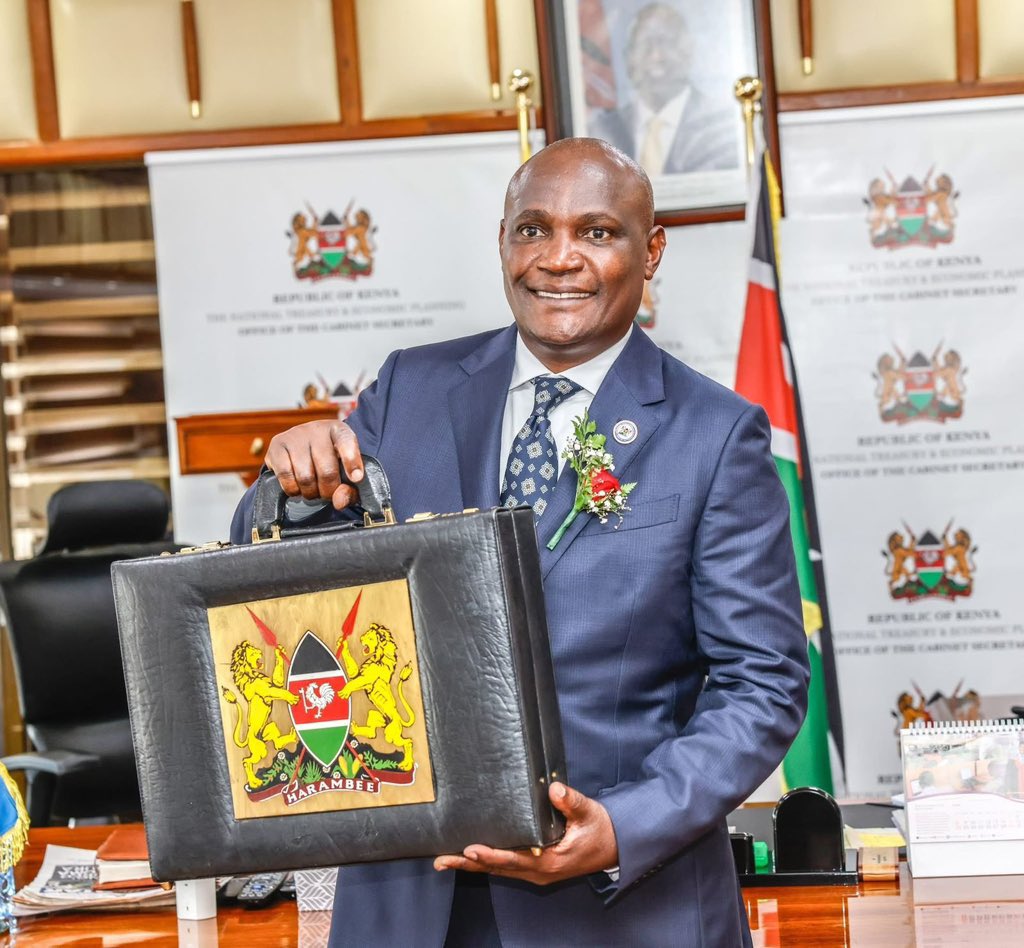
The 6.91 per cent decline marks the first such drop in this window since the Covid-19 era, four years ago.
The government cut Sh51.95 billion from its operating costs in nine months to March, following enforced austerity measures after the collapse of the Finance Bill 2024, triggered by intense, youth-led protests across the country.
The spending cuts targeted day-to-day government operations such as fuel, office supplies, travel, transportation, and repair services.
More To Read
- Revenue shortfall sparks National Treasury’s Sh18 billion supplementary budget push
- Charles Owino defends police, slams politicians over protest chaos
- MPs say no to cheap steel imports, back local industries
- MPs, senators strike deal, agree on Sh415 billion revenue allocation to counties
- Mask vendor shot during Tuesday's protest remains in critical condition - KNH
- State House, NIS among beneficiaries of Sh9.3 billion emergency funds
Fresh data from the National Treasury shows that the government’s operations and maintenance expenditure dropped to Sh699.30 billion during the review period, down from Sh751.25 billion over a similar period last year.
This 6.91 per cent decline marks the first such drop in this window since the Covid-19 era four years ago.
The reduction followed the withdrawal of the Finance Act 2024, which had sought to raise Sh344.3 billion in fresh taxes to plug budget gaps.
Faced with overwhelming resistance from a population grappling with high living costs and stagnant incomes, the government was forced to abandon the tax plans and instead pursue internal spending cuts.
According to the Treasury, 27.44 per cent of the Sh699.30 billion operations and maintenance budget was financed by appropriations-in-aid, revenue generated from services such as processing of passports, driving licences, title deeds, and birth and death certificates.
In contrast, a year earlier, government spending in this category had increased sharply by 22.49 per cent, reaching a record Sh751.25 billion, with the administration then opting to grow revenue through taxation rather than reducing spending.
But this fiscal year, that approach changed. After the Finance Bill’s collapse, the government made deep cuts, beginning with the removal of allocations for refurbishing and partitioning government offices.
The purchase of new vehicles, excluding those for security agencies, was halted. Renovation budgets were halved, and travel and hospitality spending were significantly reduced.
Also affected were government car purchases, some of which cost more than Sh30 million per unit. Their acquisition was frozen for the first six months of the financial year.
The government also halved the number of political and technical advisers, enforced the retirement of public servants aged 60 and above, and removed budgets for the offices of the first and second ladies.
President William Ruto’s administration also scrapped confidential budgets across the State House and all public offices as part of the aggressive expenditure control. These cuts were aimed at bridging the Sh344.3 billion budget hole left by the withdrawal of the Finance Act and avoiding a full reliance on debt to cover the gap.
Top Stories Today





